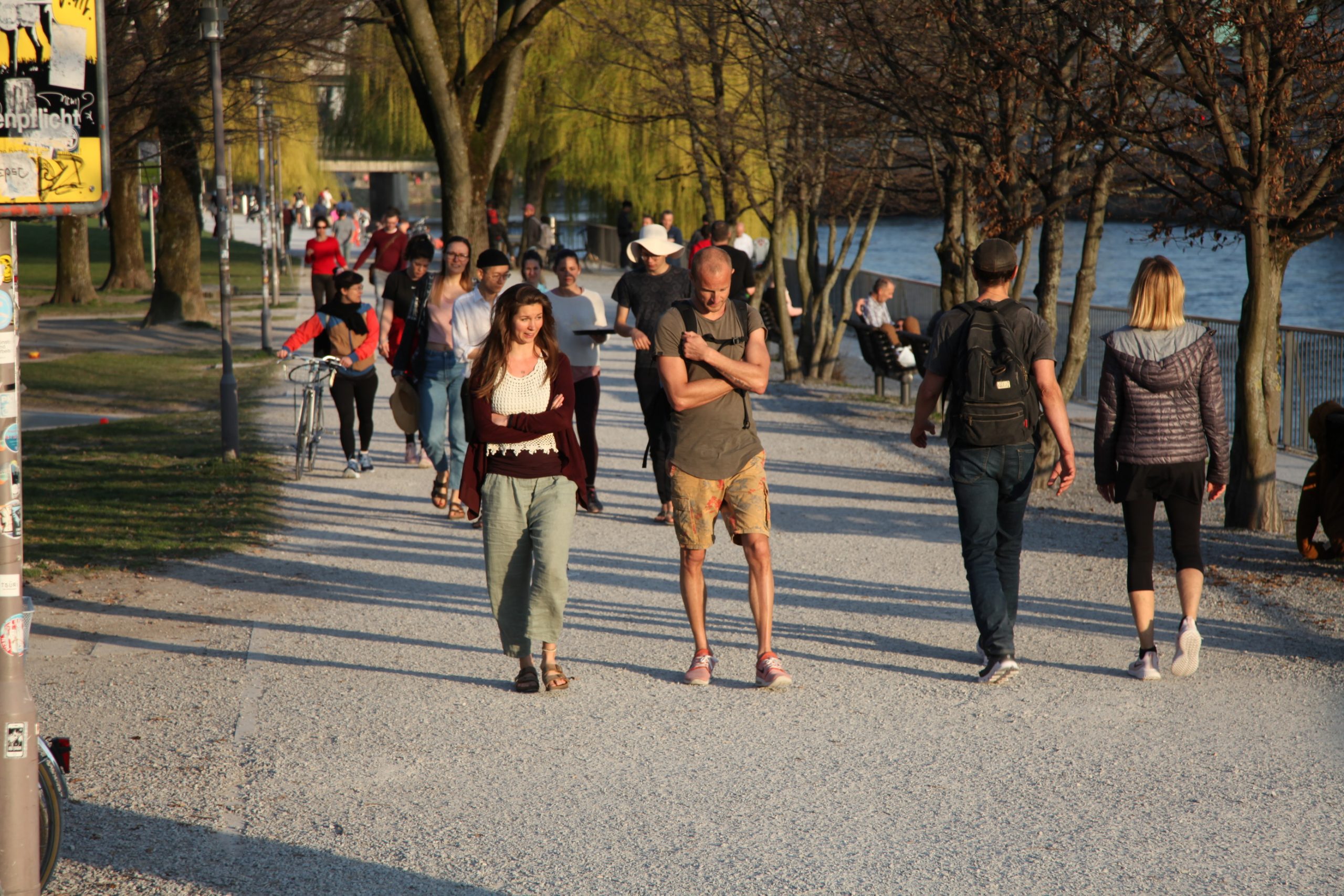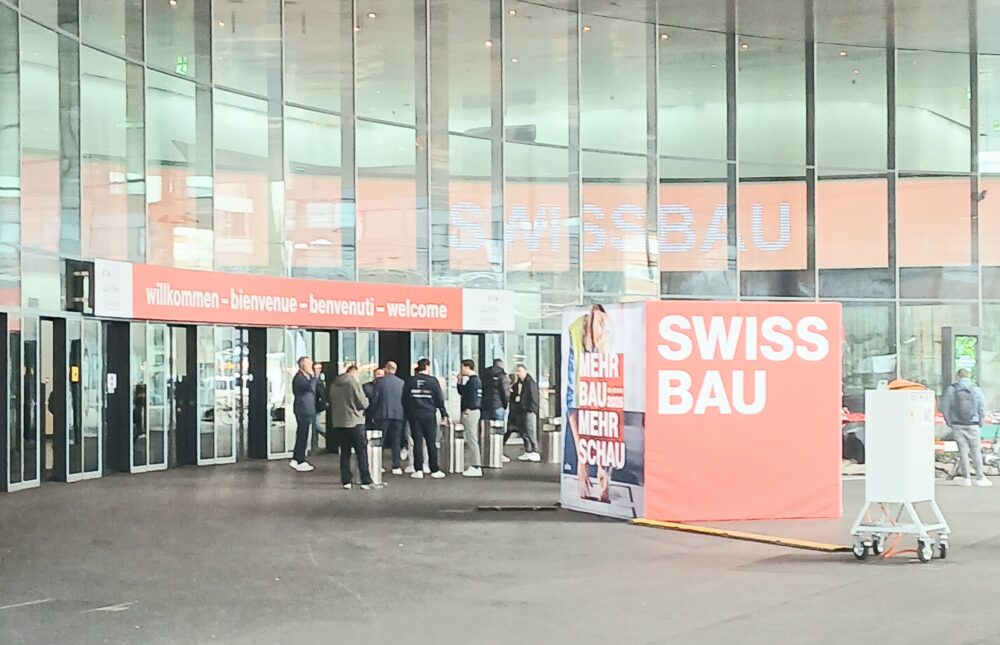Controversial corona monitoring
Police forces currently have their hands full in order to disperse any large gatherings of people to combat Covid-19. In Aargau, they are therefore also working with video surveillance. This is not going down well everywhere.

In exceptional times, the authorities sometimes turn on the "turbo" in the fight against the corona virus. This is what happened in the canton of Aargau, which reserves the right to increase its use of video surveillance. Based on the cantonal Special Regulation of April 1, 2020, optical-electronic surveillance systems can therefore also be used. Specifically, the section on "Video surveillance in public spaces" states: "The police should be allowed to temporarily use the existing authorized video surveillance systems in public spaces, which have real-time monitoring, for virtual patrols in order to efficiently perform their duties.
The police shall also be allowed to use new, additional optical-electronic surveillance equipment for real-time monitoring without the approval of the commissioners for publicity and data protection. These installations are to be removed after the measures pursuant to Art. 6 and 7c of Covid19 Ordinance 2 have been lifted."
In addition, the special ordinance states that, analogous to existing authorized video surveillance systems, it should not be a matter of covert surveillance, but rather of open surveillance that fulfills preventive purposes and allows the police to intervene quickly and in a targeted manner. The surveillance should therefore be made recognizable by suitable measures, such as information boards.
What benefit?
Surveillance measures and digital tools can help control coronavirus. Amnesty International, the Digital society and the Foundation for Consumer Protection demand, however, that proportionality be maintained in all interventions in personal rights, as the organizations demand in a joint statement. After all, this principle of the rule of law also applies in a state of emergency.
The three organizations miss in particular a justification in the statement of the government council of the canton of Aargau, why in addition to the existing measures such as bans on gatherings, police patrols, buses and blocking of parks, video surveillance should be used. The Digital Society points out that such "virtual patrols" would not be able to intervene directly, and the most that video surveillance would lead to in terms of its preventive effect is that people would gather at another, non-surveilled location.
Monitoring public life in real time goes far beyond measures that use anonymized and aggregated cell phone location data to track gatherings of people or streams of movement, stresses the organization, which advocates for Freedom rights in a networked world is used. According to the Digital Society, there are no special circumstances in Aargau that would make such a measure necessary compared to other cantons. However, there is a risk that real-time video surveillance will be used as a "normal" surveillance measure even after the end of the pandemic, writes the Digital Society. It calls on the government council to reverse this disproportionate "mass surveillance". (rs)









